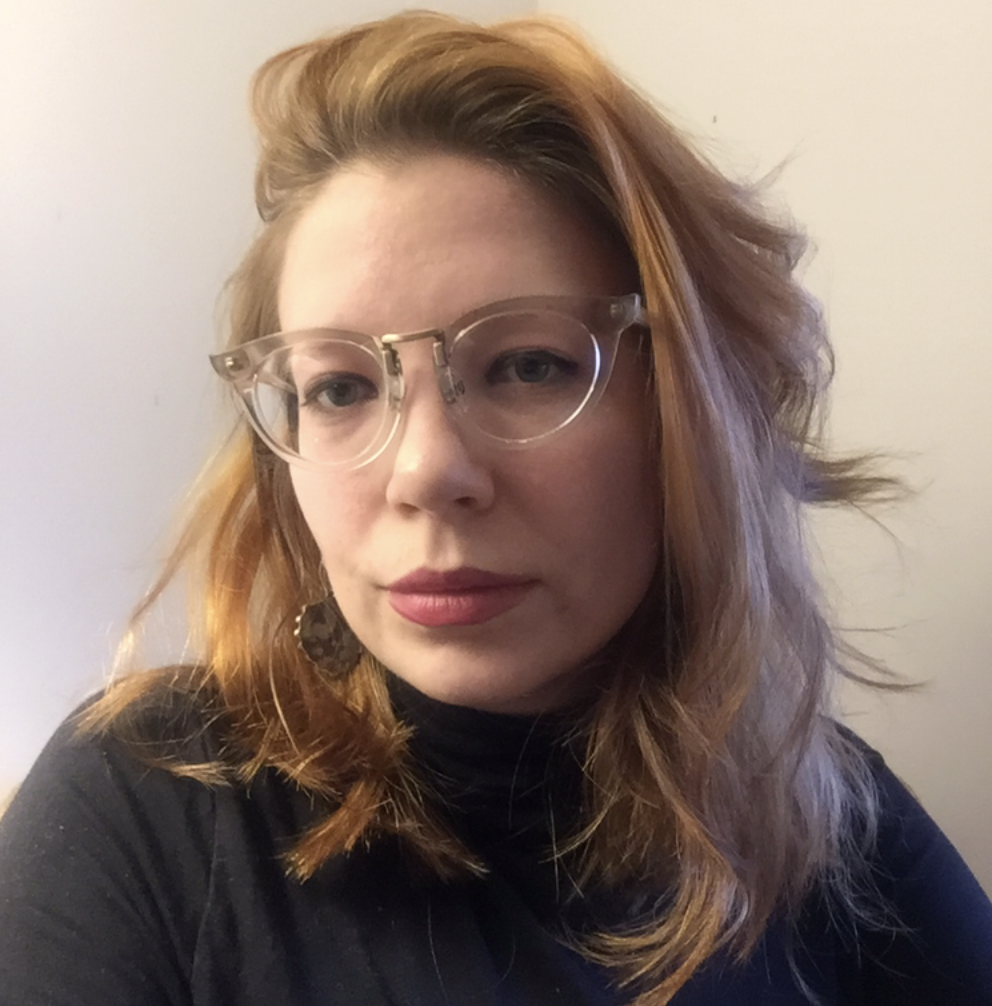“City Life,” by Olivia Zubrowski (Fiction ’21)
2021 fiction alum Olivia Zubrowski was recently featured in the LEON Literary Review. Read an excerpt of Zubrowski’s story “City Life” below:

City Life
There was a photo of someone who looked like my voice teacher in the obituaries this morning. I was surprised: I had only just seen them a few months ago, and while they didn’t look well, they certainly hadn’t looked on the verge of death. I spent some minutes studying the uneven blue plaster on the ceiling, watching thin shadows of steam from my coffee bloom and fade. It was very bright for winter, the cold sunlight glinting off the dirty window, concentrating itself on my right temple. The kitchen used to be an attic: my apartment is small, with chalky walls and irregular, Victorian-looking windows. The voice teacher used to come here on Thursday afternoons. They always drank a cup of kukicha tea in the one nice mug I had, a solemn red LeCreuset.
Just after I began the voice lessons, a few years ago, I started to dream that I didn’t have a face. These dreams stretched into months, then years. I always awoke to a sense of relief. I have no mirrors in my apartment. The times I do see my face–in old, yellowed photos, washed of detail; in the dull sheen of the lightbulb–there it is, obscene, ordinary.
The voice lessons were the indirect result of my attempt to get over a past love. I thought I should take more walks, get out of my tiny apartment, the old plaster falling from the walls my only company. Most days I don’t mind the quiet much.
When I was small, the neighborhood I lived in was crowded with houses. Trees tried in vain to take root between large driveways and boxy shrubs with poisonous-looking berries. In our backyard, the bedrock lurched up in indignation: a ten-foot granite face leered from the hillside; an eyeless face of mottled, grey scar tissue that shielded us from the highway. At the top of the hill, the rock dipped into a slight hollow. Often, I would climb up into that hollow and watch the sunset drain the color from the town, distilling the smog and neon to pale colors that gathered at the edge of the world. In that bower of thin, tough trees and blue moss, it was hard to tell the difference between raindrops and footsteps.
One day, I watched a chipmunk slip into a gap in the rock I hadn’t noticed before. There was an opening: the mud was cool and silken. I pushed my body into the darkness, though I could only fit my shoulders inside. My breath came out in ragged, struggling gusts. I leaned my head against a protrusion in the rock: when I opened my eyes, the space was filled with rich colors. There were small scratches across the whole ceiling, half-words and rust-drawn figures, charcoal handprints and pale white outlines of unfamiliar animals.
My walks often unearth silent and almost-forgotten memories like this one. In my efforts to forget my love, my walks got longer and longer, and I spent less time in that narrow apartment. I never had a particular destination. One afternoon, on the last leg of my journey back, I stepped into a cafe across the street from my apartment. What did it offer today, that it never had before? When does a piece of the world become something that invites you in?
Read the story in its entirety, as well as an additional story, here: http://leonliteraryreview.com/issue-7-olivia-zubrowski/



